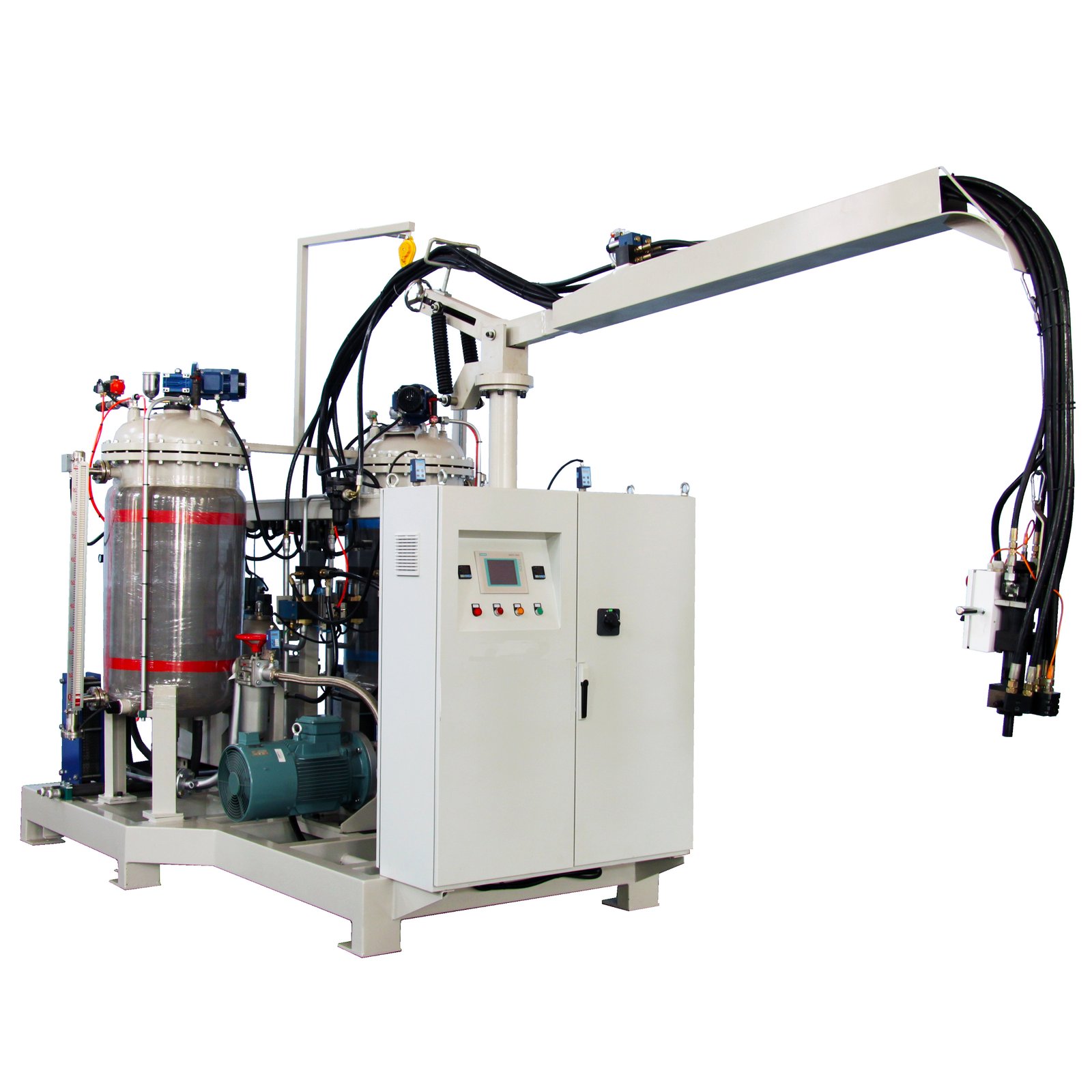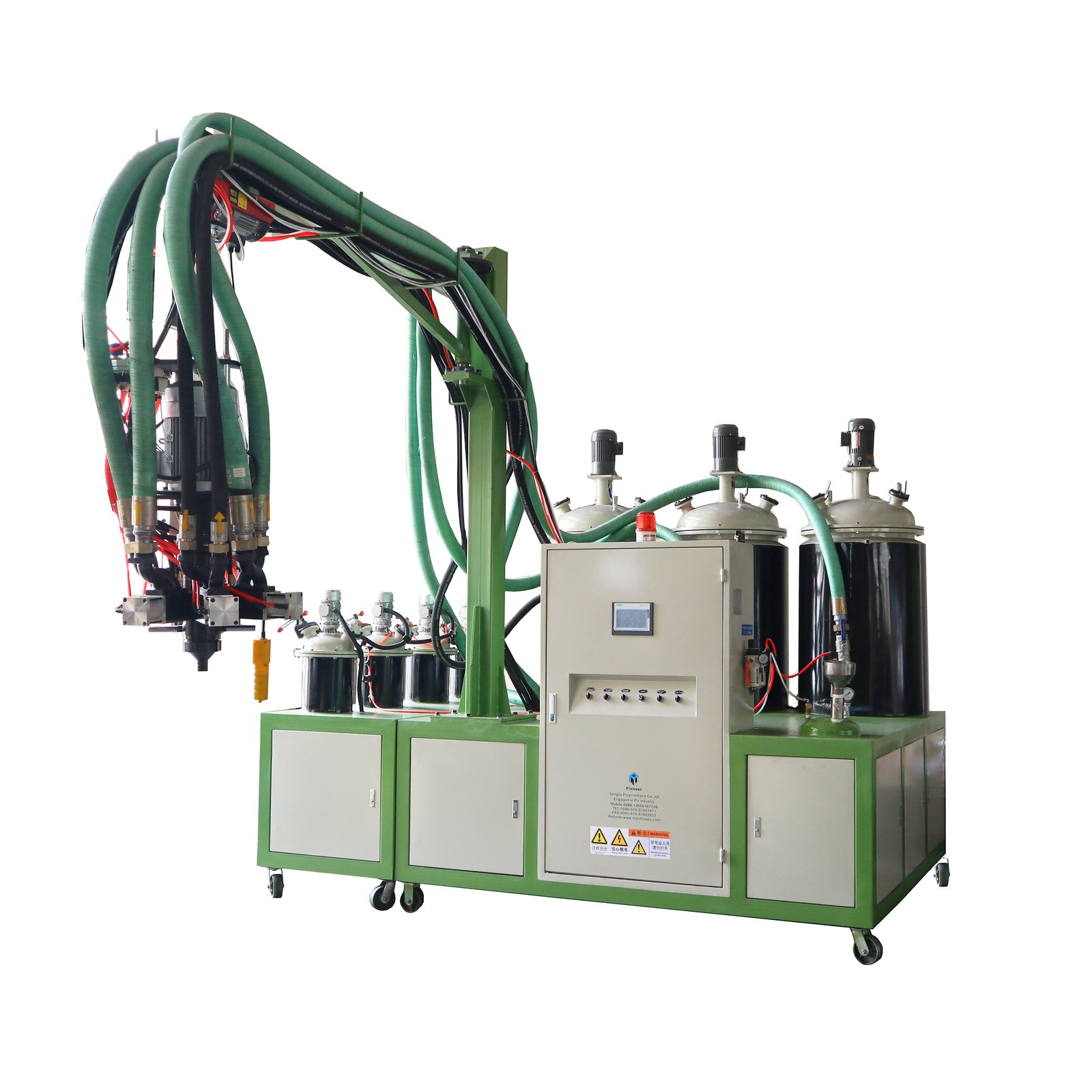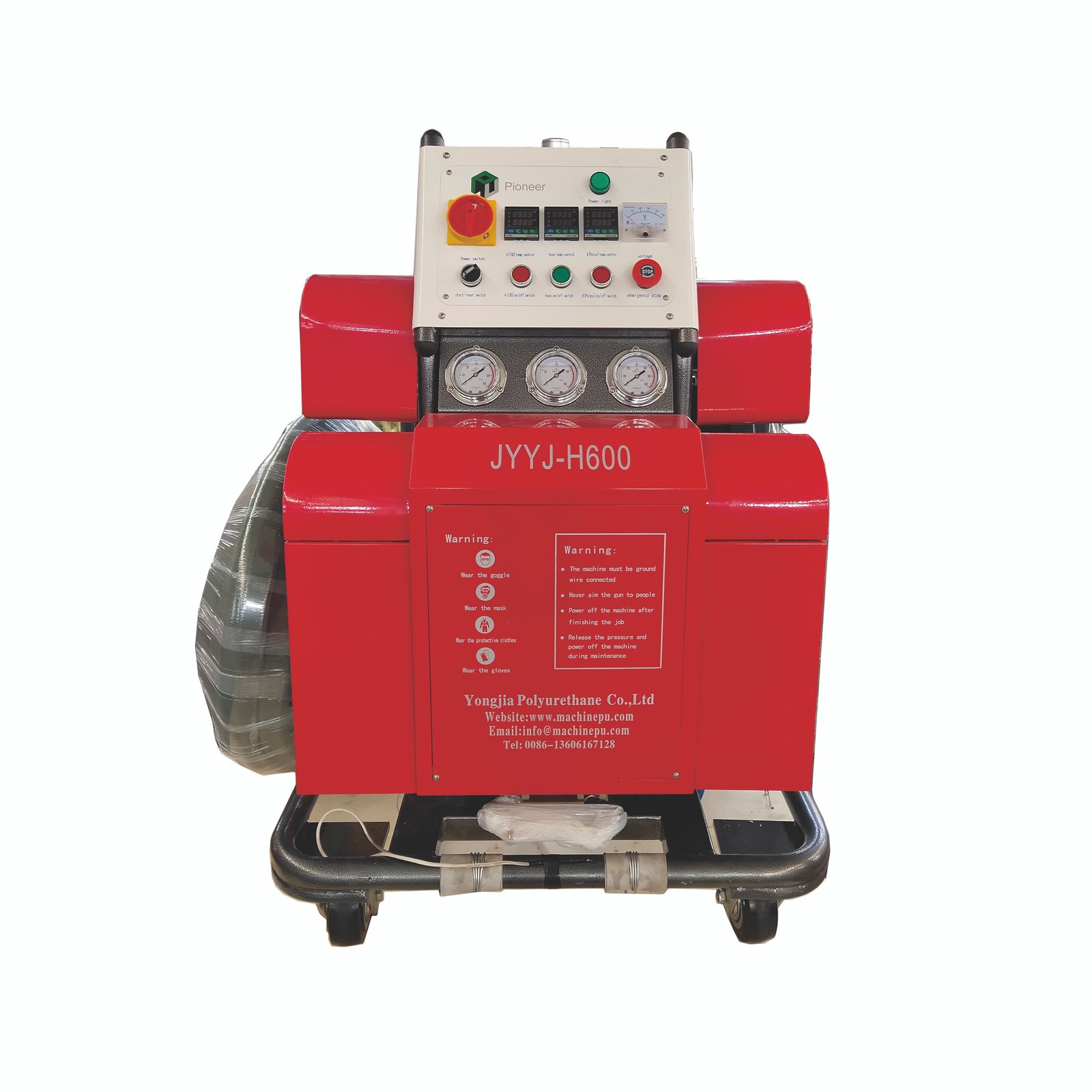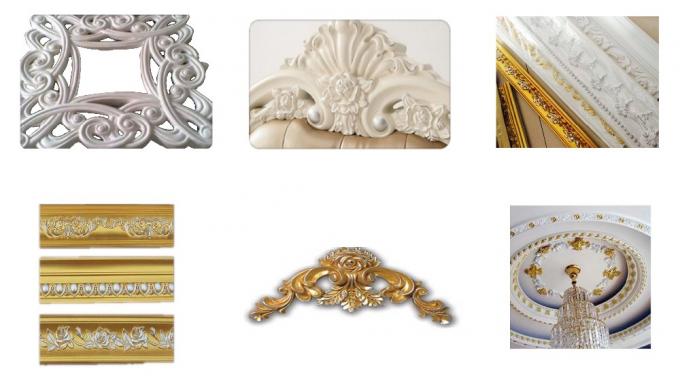Rigid Polyurethane Foam (RPUF) is a highly efficient engineering material known for its excellent thermal insulation, strength, and lightweight properties. It is widely used across various industries. As technology advances, the applications of rigid polyurethane foam continue to expand, and related production equipment is evolving to meet diverse production needs. So, what are the key characteristics of rigid polyurethane foam? In which industries is it commonly used? Which polyurethane machines can meet these requirements? Let’s take a closer look.
Characteristics of Rigid Polyurethane Foam
The popularity of rigid polyurethane foam can be attributed to its unique performance advantages:
- Excellent Thermal Insulation: RPUF is one of the best thermal insulation materials on the market. Its low thermal conductivity helps reduce heat transfer, making it an ideal choice for applications in the construction, cold chain logistics, and home appliance industries.
- Lightweight and High Strength: Despite its low density, rigid polyurethane foam offers high mechanical strength. This makes it an ideal structural material that can lighten the weight of products while providing the necessary strength.
- Good Water and Chemical Resistance: RPUF has strong resistance to water, oil, and solvents, making it suitable for harsh environmental conditions. It is commonly used in marine applications, automotive parts, and cold chain logistics, where durability is key.
- Stability: Rigid polyurethane foam exhibits good dimensional stability. It does not undergo significant shrinkage or expansion during use, making it ideal for applications where maintaining shape and performance over time is critical.
- Environmentally Friendly: Modern rigid polyurethane foam uses eco-friendly blowing agents and has a lower environmental impact compared to traditional foam materials. Many production processes meet green standards, aligning with global energy-saving and emissions-reduction trends.
Applications of Rigid Polyurethane Foam
Due to its many advantages, rigid polyurethane foam is widely used across multiple industries:
- Construction Industry: In the construction industry, RPUF is commonly used for insulation in walls, roofs, and floors. Its exceptional thermal performance helps reduce energy consumption, making buildings more energy-efficient. It is particularly beneficial in the construction of low-energy homes, passive houses, and green buildings.
- Home Appliance Industry: RPUF is widely used in refrigerators, freezers, air conditioners, and other household appliances as insulation material. It helps reduce cooling energy loss and maintain internal temperature stability, which improves the energy efficiency and longevity of the equipment.
- Cold Chain Logistics: Due to its excellent insulation properties, RPUF is a key material in cold chain logistics. It is used in refrigerated trucks, cold storage units, and transport containers, ensuring that temperature-sensitive goods remain at the desired temperature during transit.
- Automotive Industry: RPUF is also widely used in automotive manufacturing. It is applied in components such as car seats, doors, roofs, and chassis to improve insulation, reduce noise, and lower the overall weight of the vehicle, which in turn improves fuel efficiency.
- Marine and Offshore Applications: In marine and offshore applications, rigid polyurethane foam is used as flotation material and for insulation in ships and offshore platforms. Its water resistance and corrosion resistance make it ideal for use in harsh marine environments.
- Packaging Industry: RPUF is increasingly being used in protective packaging materials, especially for shipping sensitive electronic products, machinery, and other fragile items. Its shock-absorbing properties help prevent damage during transport.
- Energy Industry: In the energy sector, rigid polyurethane foam is used for insulation in solar panels, energy storage systems, and other energy-efficient applications. It enhances the performance and longevity of energy-related devices.
Suitable Polyurethane Machinery for Rigid Foam Production
To produce rigid polyurethane foam, selecting the right equipment is essential. Different application needs require different types of polyurethane machines. Below are the key machines used in rigid polyurethane foam production:
- High-Pressure Polyurethane Foaming Machine: The high-pressure foaming machine is one of the most important pieces of equipment for producing rigid polyurethane foam. It works by injecting a mixture of raw materials (polyether polyols, isocyanates, and catalysts) under high pressure into molds, where the foam expands. This machine is commonly used in large-scale production of insulation boards for buildings, appliance insulation layers, and cold chain materials.
- Low-Pressure Polyurethane Foaming Machine: Low-pressure foaming machines are suitable for simpler, small-scale rigid foam production. They are often used for customized products or small batch runs. Applications include small household appliances, automotive parts, and other specialized products.
- Spray Foam Machines: Spray machines are used for on-site spraying of rigid polyurethane foam on large surfaces such as building exteriors, roofs, and other areas requiring thermal insulation. The machine ensures even distribution of foam for high-efficiency and consistent insulation performance.
- Polyurethane Mold Production Line: The mold production line is essential for creating rigid polyurethane foam panels and automotive components. The mold is used to shape and cure the foam in a precise manner, ensuring uniformity and quality. This production line is often used in the building, automotive, and appliance industries.

High Pressure Pu Foaming Machine

Low Pressure Pu Foaming Machine

Polyurethane Foam Spray Machine
How to Choose the Right Equipment
Choosing the appropriate polyurethane machine depends on several factors:
- Production Scale:For large-scale production, high-pressure foaming machines are ideal, while small-scale or customized production can use low-pressure foaming machines.
- Product Type:Depending on the application (e.g., construction boards, appliance insulation), the right molds and production lines should be selected.
- Equipment Performance:When selecting machinery, consider factors such as mixing precision, foaming speed, and ease of operation to ensure high production efficiency and product quality.
Rigid polyurethane foam, with its superior thermal insulation, lightweight strength, and water resistance, is widely used across industries such as construction, home appliances, automotive, cold chain logistics, and more. Selecting the right polyurethane machinery is crucial for achieving efficient and high-quality foam production. High-pressure and low-pressure foaming machines, spray machines, and mold production lines all serve different production needs. Understanding the characteristics of these machines and their applications will help ensure you choose the most suitable production solution for your business.







